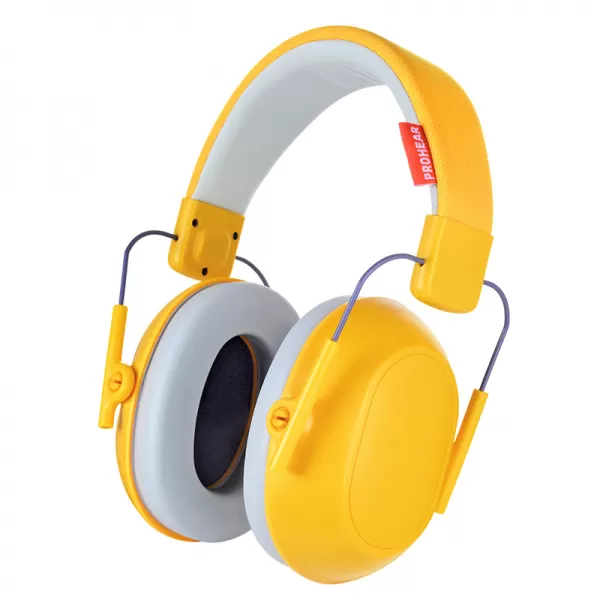How do you wear safety earmuffs?
In environments where noise levels pose a threat to hearing health, safety earmuffs stand as a crucial line of defense. Properly wearing safety earmuffs ensures that individuals are shielded from harmful noise while working or participating in noisy activities.

1. Selecting the Right Safety Earmuffs:
1.1 Noise Reduction Rating (NRR):
1.2 Comfort Features:
2. Preparing the Earmuffs:
2.1 Inspect for Damage:
2.2 Adjustable Headband:
3. Preparing Yourself:
3.1 Remove Interference:
3.2 Adjust Hair:
4. Wearing the Safety Earmuffs:
4.1 Hold Earmuffs Correctly:
4.2 Position Earmuffs:
4.3 Adjust Headband:
5. Perform a Seal Check:
5.1 Cover Ears:
5.2 Listen for Sound Reduction:
6. Periodic Adjustments:
6.1 Check Seal Regularly:
6.2 Take Breaks:
Wearing safety earmuffs correctly is essential for safeguarding your hearing in noisy environments. By selecting the right earmuffs, properly adjusting them, and performing regular seal checks, you can ensure that you are adequately protected. Prioritizing the correct use of safety earmuffs contributes not only to your safety but also to the preservation of your long-term hearing health.


Comments
Please Join Us to post.
0